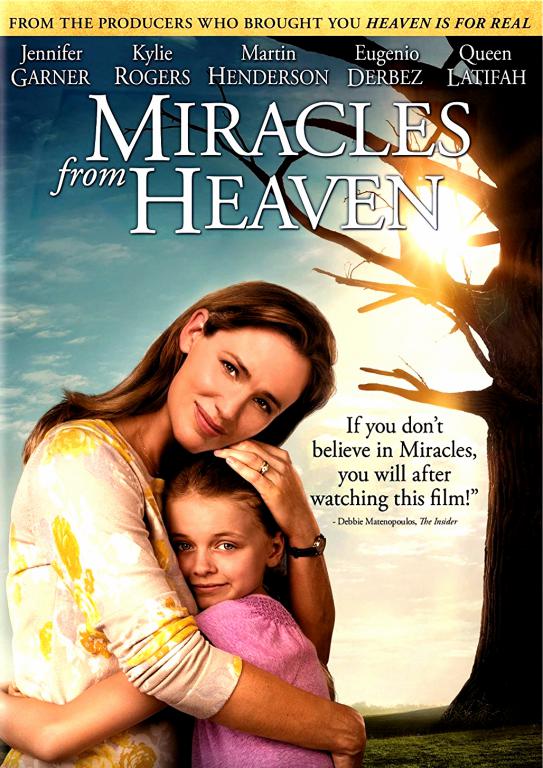Worship: Is it the service you go to Sundays, the music played and sung in Sunday ‘worship services’, the Christian music you may listen to at home or in your car? The kind of thing David did in Old Testament times alone with God and his harp? What you make an effort to do as part of those ‘quiet times’ you aim to have regularly with the Lord? All of the above?
Using words to describe spiritual concepts may be the thorniest use of them possible. But then as a Christian writer, I recall how God of course inspired all the words in our Bible, including the pivotal ‘in the beginning was the Word’ (John 1:1). So He clearly places high value on wrapping up the concepts He wants us to learn and digest in small-w words ... including to describe his own Son, the Word incarnate.
With the word ‘worship’, however, we the church—individually and corporately—toss it about so lightly it may be time to mull over the meaning lying beneath and within more carefully.
In the context of considering Christian music as ‘worship’, British songwriter and, yes, ‘worship leader’ Matt Redman gives a great illustrated sermon.
Back in the 1990s, Redman and his church in England were gaining acclaim as they moved into the vanguard of this concept of modern worship: excellence of craft combined with the best of sound systems, projectors, lights, the whole production. But his preaching pastor had begun noticing a flatness creeping in. While everyone went through the motions and to outward appearances all seemed 'fine', the heart connection had loosened and slipped away.
So the pastor did a radical thing.
“He decided to get rid of the sound system and band for a season,” explains Redman. “His point was that we’d lost our way in worship, and the way to get back to the heart would be to strip everything away.”
The pastor challenged the congregation to be participants in worship, not consumers: to engage with God for themselves, from the heart, with their own voices. When the first few awkward gatherings passed, the church eventually launched into a whole new season of authentic adoration and praise.
Redman’s now-famous song “The Heart of Worship” describes what happened:






